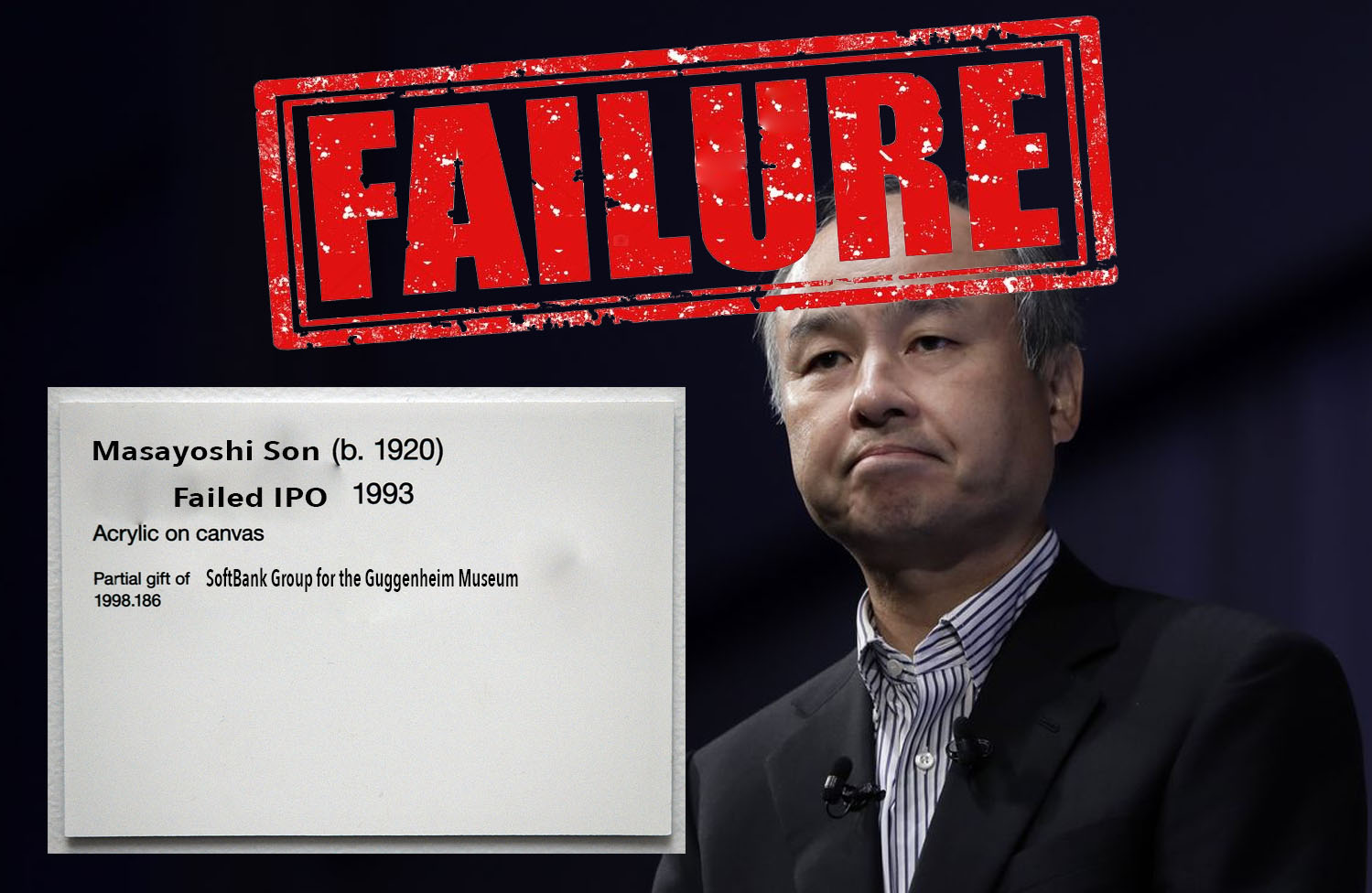An initial public offering is like a wedding proposal, in that the company planning on going public spends a considerable amount of time courting investment banking institutions and financial experts to find the perfect time to file with the Securities and Exchanges Commission (SEC). After months, perhaps even years, of strategic planning meetings, ring-shopping, and several run-throughs of the proposal to make sure every last bit is perfect, the company in question decides to take a leap of faith and go public. Continuing with this incredibly astute metaphor, on occasion, wedding proposals don’t always go as planned. I’ve heard stories of proposals that ended up with one or both individuals winding up in the hospital due to injuries correlated to the elaborate nature of the proposal. In the case of a company’s IPO, the first day of trading following the announcement is typically a strong indicator of the success of the offering. SoftBank Corp (SFTBF), the subsidiary division of conglomerate SoftBank Group (SFTBY) whose holdings include Sprint and the $100 billion Vision Fund, completely flopped after announcing one of the most highly anticipated initial public offerings in the history of the stock market.
Early on Wednesday, SoftBank Corp (SFTBF) went public, with the company’s shares opening at 1,463 yen, well below the initial 1,500 yen the company had originally set for its IPO price and closed out the day at 1,282 yen. You don’t have to be a mathematical wunderkind to understand that SoftBank’s (SFTBF) shares tanked nearly 15% on the Tokyo Stock Exchange, representing one of Japan’s worst-ever stock market debuts, according to several sources. SoftBank control’s one-fourth of the Japanese mobile phone market, but recent news has shown that CEO Masayoshi Son is more interested in investing in tech start-ups than flip phones. Despite a rather dismal trading day for the company, SoftBank Corp (SFTBF) managed to raise a total of 2.65 trillion yen (roughly $23.5 billion), making it Japan’s largest IPO and falling just a hair behind Alibaba’s record-setting $25 billion IPO back in 2014.
Market analysts suggest that several factors in-play may have caused SoftBank Corp’s (SFTBF) public offering to go sour, one of which relates to a decision made earlier in the week regarding the company’s telecommunications framework. According to a Nikkei report released early last week, SoftBank (SFTBF) decided to stop working with Huawei Technologies for a myriad of reasons, and replace them with hardware manufactured by Ericsson and Nokia. The Nikkei report goes on to explain that SoftBank’s dissolution from Huawei will undoubtedly have its consequences, given the company’s “involvement in China’s business landscape.” SoftBank’s parent company, SoftBank Group (SFTBY), owns 29% of Chinese e-commerce giant Alibaba Group Holding, but “appears to have viewed security concerns and the loss of major clients as greater risks than the potential repercussions for its China operations,” per the Nikkei report.
In addition to news of SoftBank’s (SFTBF) potential damage felt by ceasing its relationship with Huawei, SoftBank Group’s massive debt may have also contributed to its subsidiary’s poor market response to their initial public offering. According to TechCrunch, SoftBank Group has accumulated a substantial amount of debt following its investment in the Vision Fund, a strategic financial partnership with Saudi Arabia.
“…The Vision Fund and its affiliate have been borrowing money. They had around $5.6 billion in debt as of the end of September, up 28% in the past six months, according to SoftBank filings. That money has partly been going to pay the returns promised the funds’ investors, the filings say. And SoftBank is planning to have the Vision Fund borrow an additional $9 billion or so to boost the fund’s returns further and make more investments…”
–Mayumi Negishi, The Wall Street Journal
To put it nicely, news surrounding SoftBank (SFTBF) recently has been negative, and I can imagine the fact that when the company’s CEO decided that SoftBank Group would continue its partnership with Saudi Arabia despite reports surrounding the killing of Saudi journalist Jamal Khashoggi wasn’t well-received either.
“It was beyond our expectations that the shares would fall that much.”
–Anonymous Senior Executive from one of SoftBank Corp’s domestic lead underwriters





